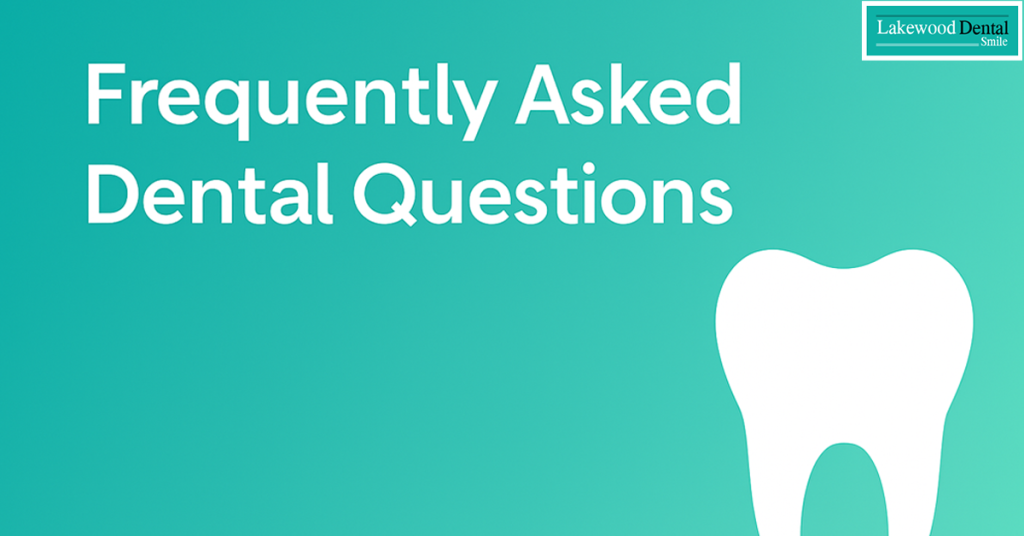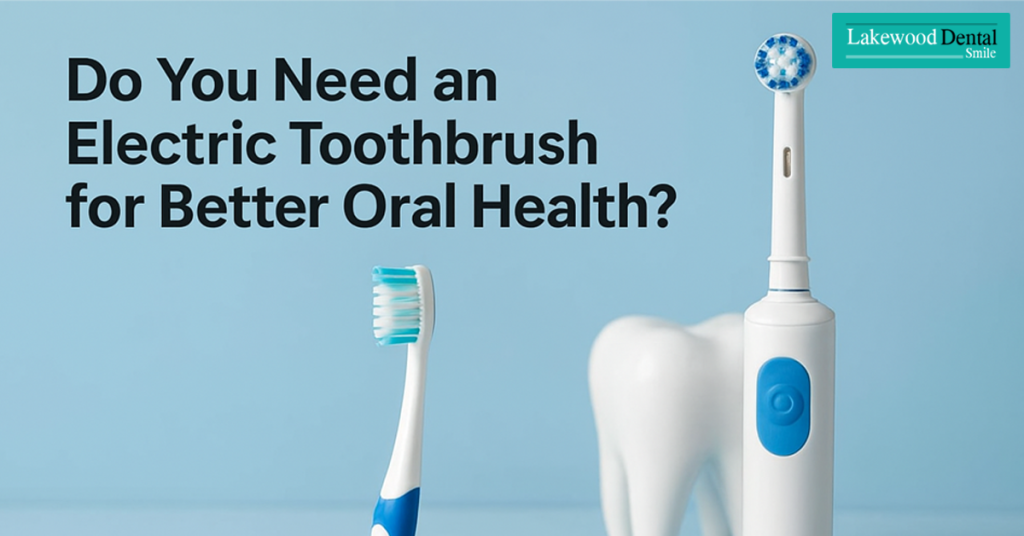Dental problems and stroke are more closely linked than many realize. Poor oral health doesn’t just affect your teeth; it can influence your overall health, including the risk of stroke. Studies indicate that certain dental diseases significantly contribute to stroke risk. Understanding this connection can help you take preventive measures before serious complications arise. Next, we’ll explore how dental conditions specifically relate to stroke.

1. Gum Disease and Stroke Risk
Gum disease is one of the primary dental problems linked with stroke. Mild gum disease, known as gingivitis, causes gum inflammation, while severe gum disease, called periodontitis, destroys gum tissue and can lead to tooth loss. People with either mild or severe gum disease have a higher risk of stroke compared to those with healthy gums. Research shows that individuals with periodontitis may face up to four times higher stroke risk than people without these dental problems.
2.Tooth Loss and Silent Strokes
Tooth loss is another critical factor associated with stroke. Studies reveal that individuals who have lost more teeth are more likely to experience strokes, including silent strokes. Silent strokes are subtle events that may not cause immediate symptoms but can accumulate over time, potentially contributing to cognitive decline or dementia. Regular dental care can help prevent tooth loss and reduce the risk of these hidden consequences.
3. Types of Strokes Linked to Dental Problems
People suffering from gum disease are particularly prone to ischemic strokes, a subtype caused by blockage of blood flow due to clots. Inflammation and infection from untreated dental problems increase the likelihood of blood clot formation, which can trigger a stroke. By addressing dental issues early, you can help maintain healthy blood vessels and reduce stroke risk.
4. Inflammation and Infection as Key Triggers
Dental problems such as gingivitis, periodontitis, and tooth loss can lead to chronic inflammation and infections. These conditions may weaken the immune system, causing systemic responses that elevate stroke risk. Infections can sometimes trigger blood clotting, directly increasing the chances of an ischemic stroke. Effective dental care helps manage inflammation and keeps infections under control.
5.
Dental problems such as gingivitis, periodontitis, and tooth loss can lead to chronic inflammation and infections. These conditions may weaken the immune system, causing systemic responses that elevate stroke risk. Infections can sometimes trigger blood clotting, directly increasing the chances of an ischemic stroke. Effective dental care helps manage inflammation and keeps infections under control.
5. Preventing Dental Problems to Protect Your Health
Preventing dental problems and stroke begins with consistent oral hygiene and regular dental checkups. Daily brushing, flossing, and professional cleanings can manage early-stage gum disease before it worsens. Routine visits to a qualified dentist like those at Lakewood Dental Smile in Michigan ensure that gum disease is treated promptly, reducing both oral and systemic health risks.
Patient Scenario:
A patient in Michigan delayed dental care for several years due to mild gum discomfort. Over time, gum disease progressed, resulting in tooth loss and heightened stroke risk. After consulting Lakewood Dental Smile, the patient received a tailored treatment plan, including gum therapy and restorative care. Within months, oral health improved, and regular monitoring reduced further risk of stroke.
Aftercare Tips
- Maintain Oral Hygiene: Brush twice daily and floss once daily to prevent plaque buildup.
- Regular Checkups: Visit your dentist at least every six months for professional cleaning and early detection of gum disease.
- Manage Lifestyle Factors: Reduce smoking, maintain a balanced diet, and control stress, all of which affect both oral health and stroke risk.
Conclusion
Dental problems and stroke are interlinked in ways many people overlook. Preventing and treating gum disease, maintaining teeth, and regular dental visits are crucial steps to protect both oral and overall health. At Lakewood Dental Smile, patients receive advanced, affordable care for gum disease, restorative dentistry, and cosmetic solutions, helping safeguard against dental problems and stroke while enhancing their smiles.





